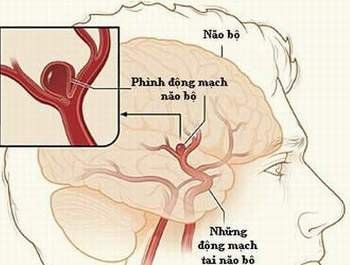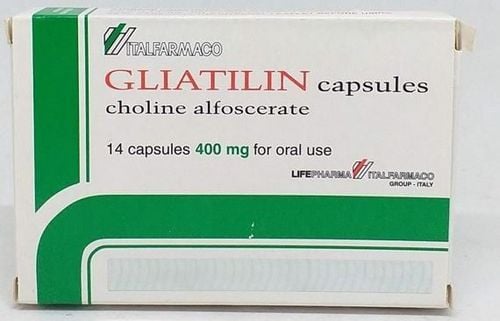Facial numbness typically results from nerve damage, compression, or irritation. A pair of nerves run along both sides of the head, which are responsible for pain, temperature, tactile sensation, and other sensory modalities in the face. The following are frequent etiologies of facial numbness.
1. Caused by Multiple Sclerosis (MS)
Numbness is a frequent early symptom of multiple sclerosis (MS). Patients may experience sensory loss in the face or other parts of their body. This results from autoimmune destruction of the myelin sheath, the protective covering of nerve fibers. Demyelination leads to nerve damage, which can manifest as facial numbness.
2. Facial numbness due to shingles
This neuropathic infection is caused by the same virus responsible for varicella. Herpes zoster can manifest as a painful, unilateral vesicular rash on the face or body. Sometimes, these symptoms also appear around one eye. Prodromal symptoms, such as pain, burning, pruritus, paresthesia, or numbness in the affected dermatome, may precede the rash by 1 to 5 days.

3. Stroke is also a cause of facial numbness
This emergency occurs when a blood vessel supplying blood and oxygen to the brain is blocked or ruptures. A key warning sign of stroke is the sudden onset of facial numbness or drooping. Without blood and oxygen, brain cells rapidly die, leading to loss of function in the body parts they control.
With a stroke, every minute counts. The longer you wait for treatment, the higher the risk of long-term brain damage. If you feel facial numbness or weakness, sudden dizziness or lightheadedness, and difficulty seeing, call for emergency help immediately.
4. Transient ischemic attack (TIA)
A transient ischemic attack (TIA), also known as a mini-stroke or warning stroke, causes symptoms similar to a stroke, including facial numbness. Like a stroke, this condition is caused by a blood clot forming in a blood vessel in the brain. But unlike a stroke, the thrombus resolves spontaneously, resulting in transient neurological deficits that typically resolve within minutes. However, if you suddenly feel numbness on one side of your face, slurred speech, or any other stroke symptoms, call emergency services.

5. Facial nerve paraly
Facial nerve palsy causes the muscles on one side of your face to become weak or paralyzed. The affected side of the face, including the eyelid and corner of the mouth, may appear to droop. The underlying etiology often involves swelling of the facial nerve, which impairs facial motor function.
Associated signs and symptoms, such as drooling, may develop for hours to days. Most people with Bell's palsy recover on their own within a few weeks.
6. Tumors as a cause of facial numbness
Some benign (non-cancerous) tumors can develop on or near the nerves that control sensation and movement in the face. If the tumor is large enough, it can put pressure on the nerves. The symptoms will depend on which nerve is affected. Your face may feel numb, or you may have difficulty chewing. The muscles in your face may also become weak, or you may experience hearing problems.
7. Cerebral aneurysm
A weakness in the wall of a brain artery causes it to bulge outward. A small bulge may not cause any symptoms, but as the aneurysm grows larger, it can put pressure on brain tissue and nerves, leading to numbness on one side of the face. You may also feel pain in one eye or experience double vision (diplopia).
If a brain aneurysm leaks or ruptures, it can cause bleeding in the brain. This usually causes a very severe headache and requires emergency treatment.

8. Hemiplegic migraine
This is a rare subtype of migraine, characterized by the presence of unilateral weakness or sensory disturbances, in addition to the headache. These symptoms, which may involve the face, arm, or leg, can persist for several hours to days.
In addition to the nerve problems and medical conditions mentioned above, loss of sensation in a part of the face can also occur after dental surgery, injury, or even sleeping in the wrong position.
Basically, the symptom of facial numbness is a sign of many dangerous diseases. Therefore, when your body shows these signs, you should go immediately to medical facilities for examination.
To arrange an appointment, please call HOTLINE or make your reservation directly HERE. You may also download the MyVinmec app to schedule appointments faster and manage your reservations more conveniently.
Reference source: webmd.com













